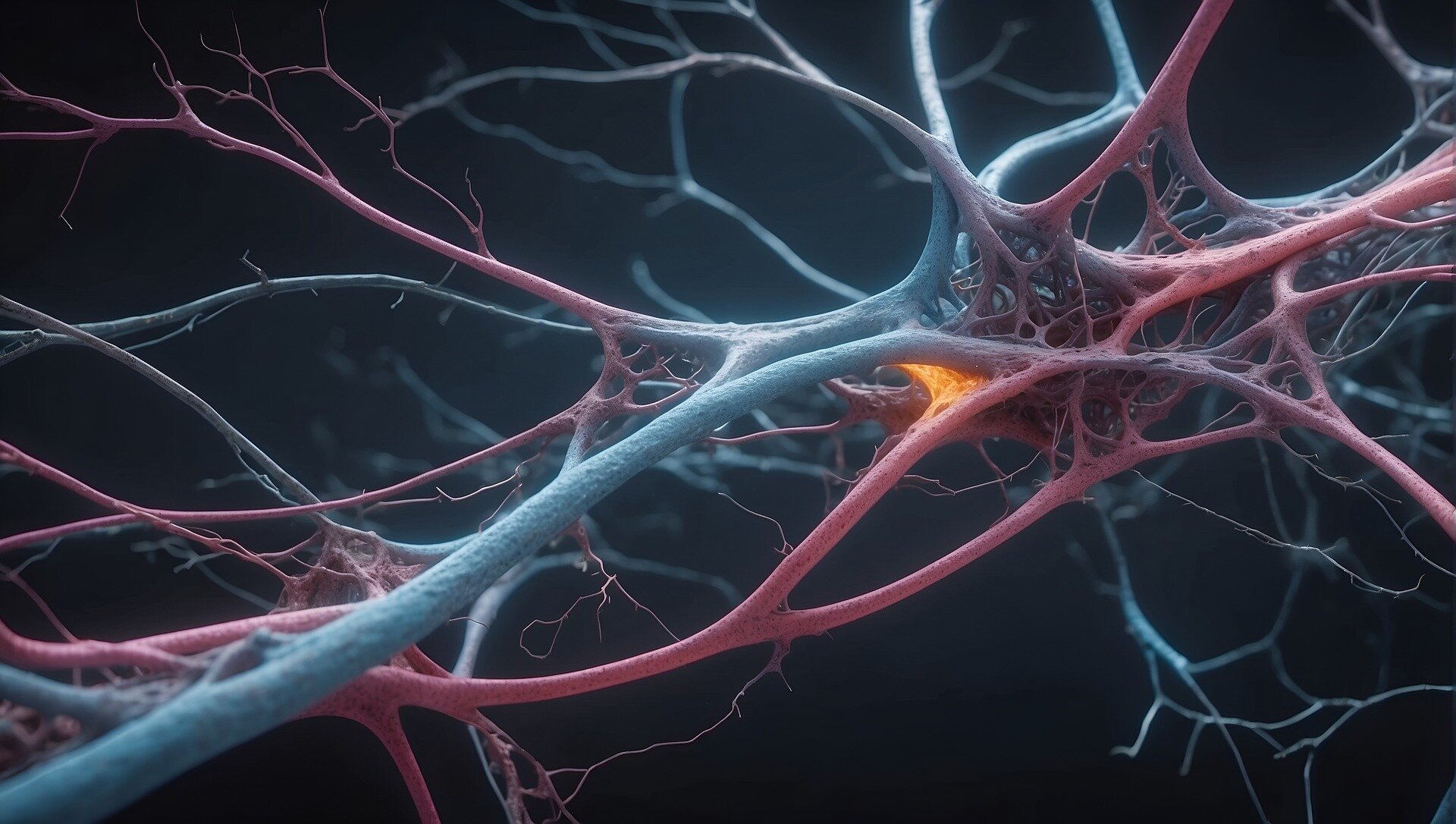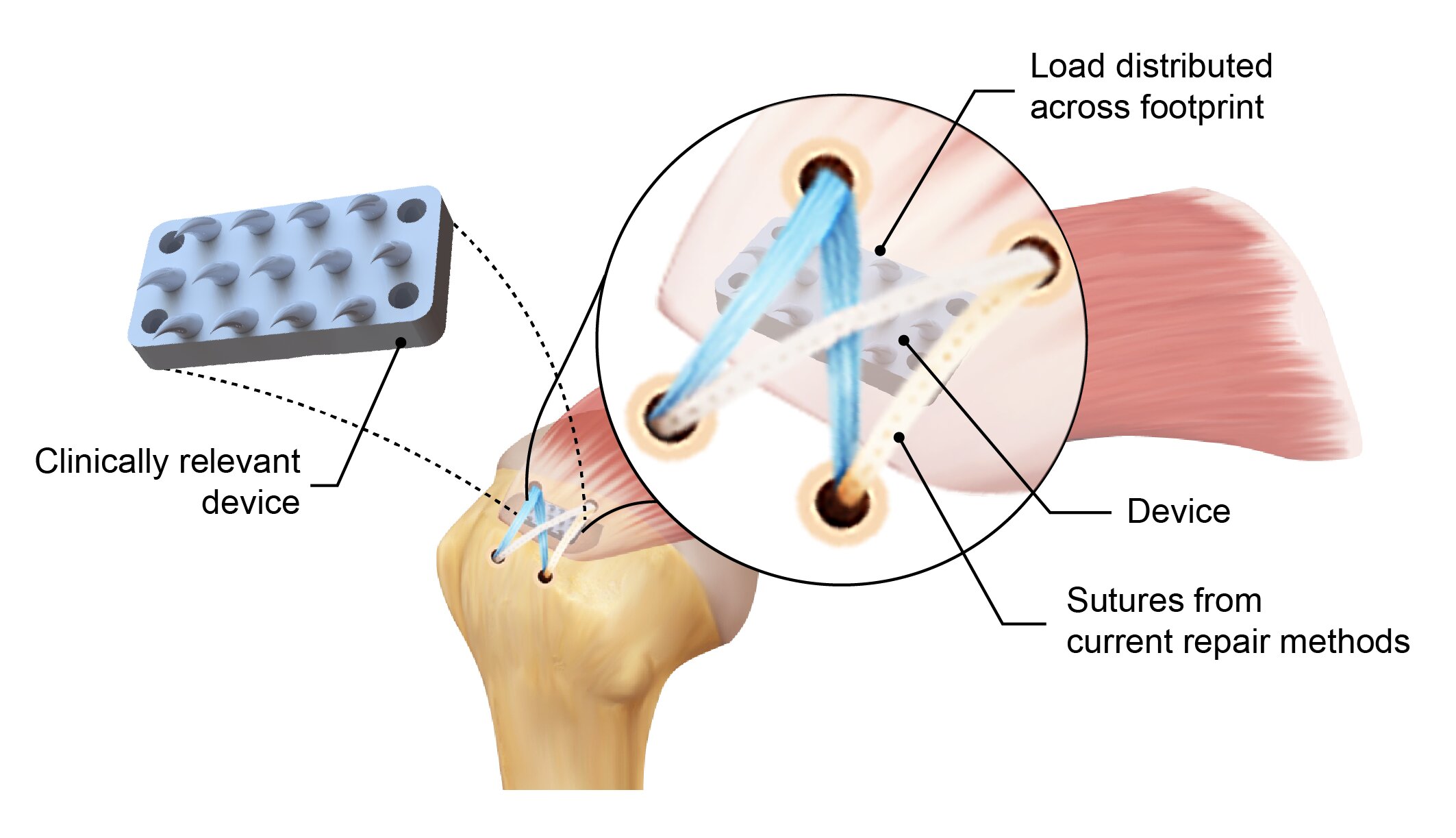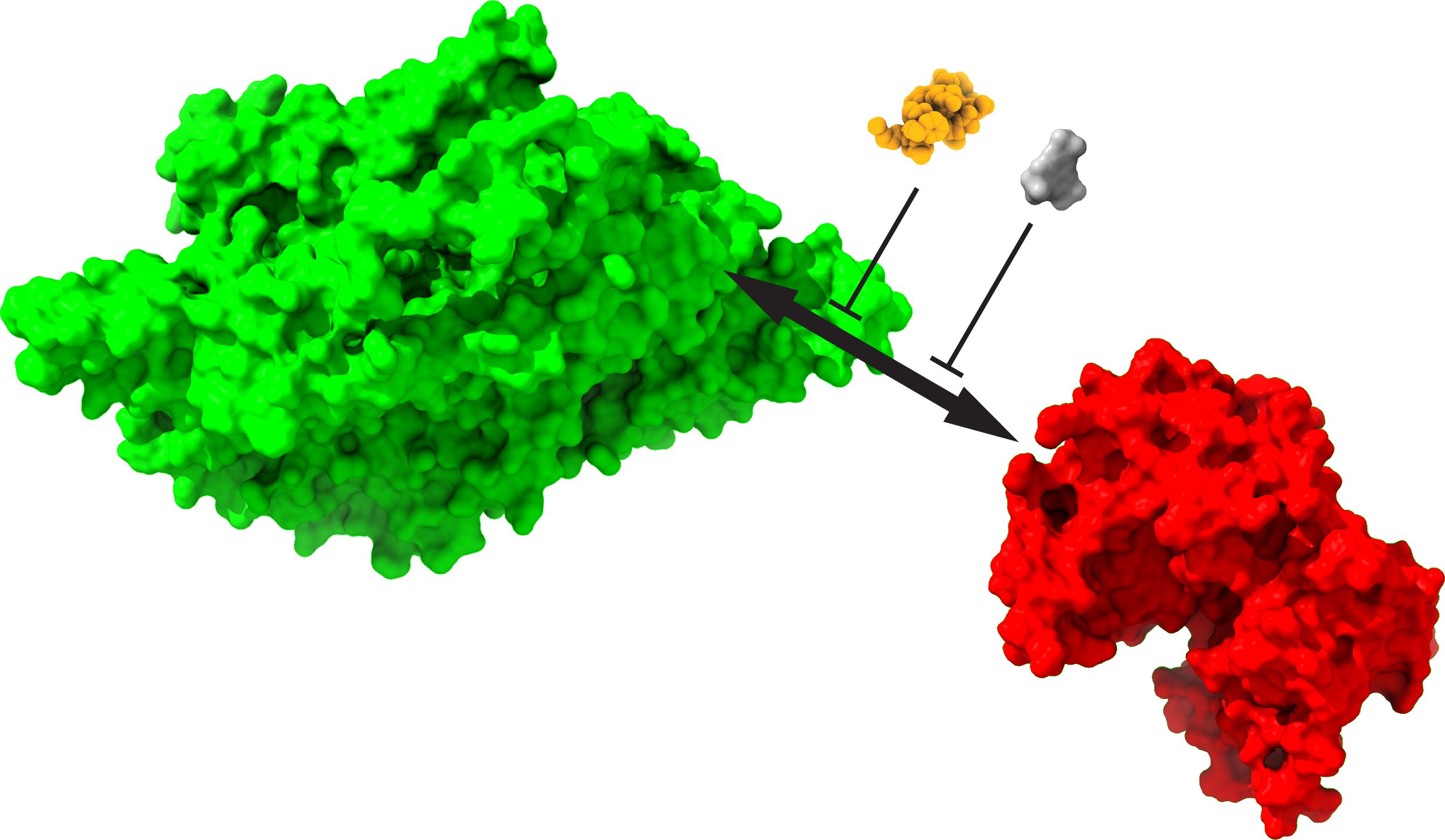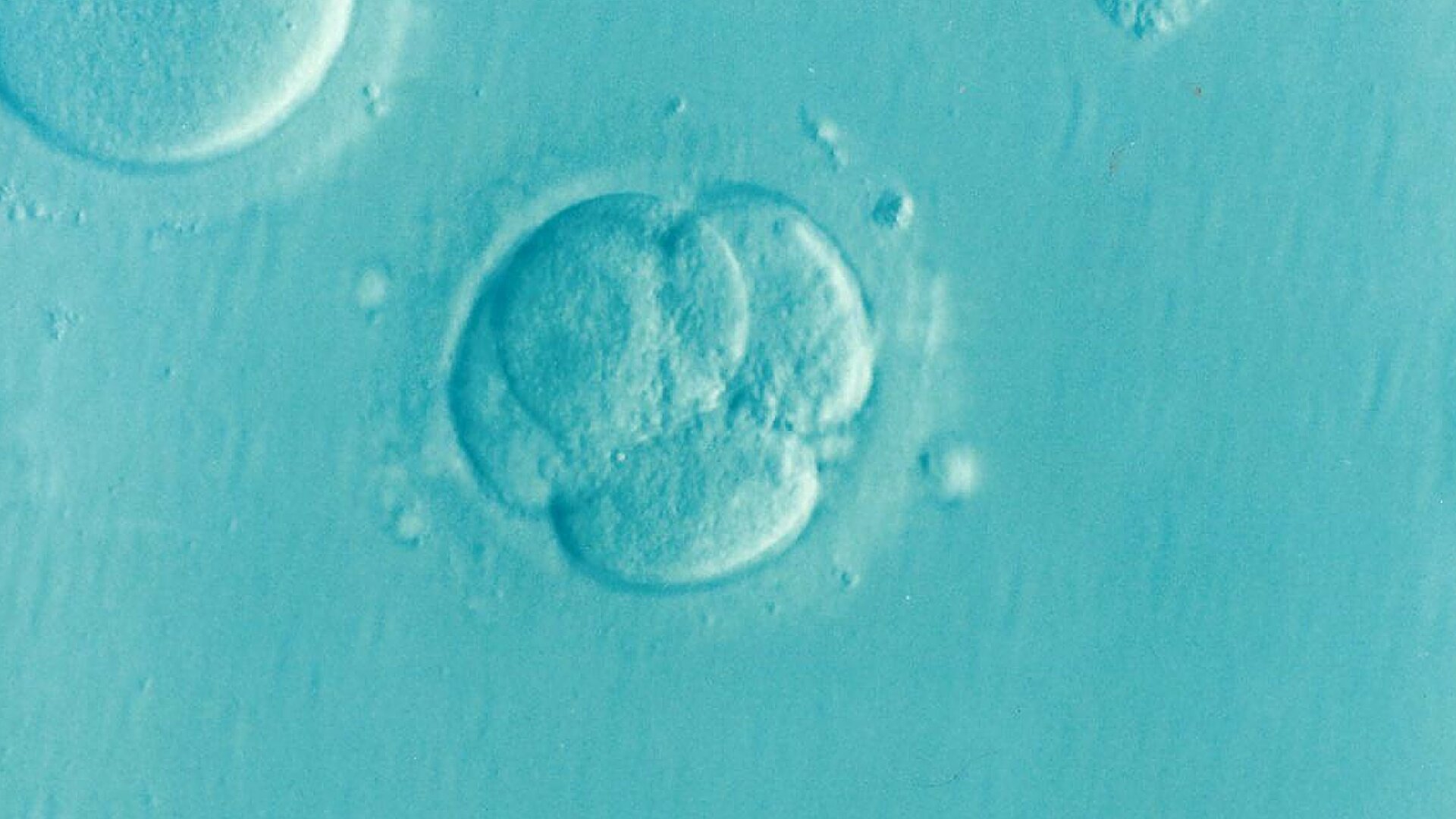WHO agency says talc ‘probably’ carcinogenic
Johnson & Johnson pulled its baby powder from the North American market in 2020 after talc came under increased scrutiny due to suspected carcinogens. The World Health Organization’s cancer agency on Friday classified talc as “probably carcinogenic” to humans. However, an outside expert warned that the announcement should not be misinterpreted as a “smoking gun.” … Read more




